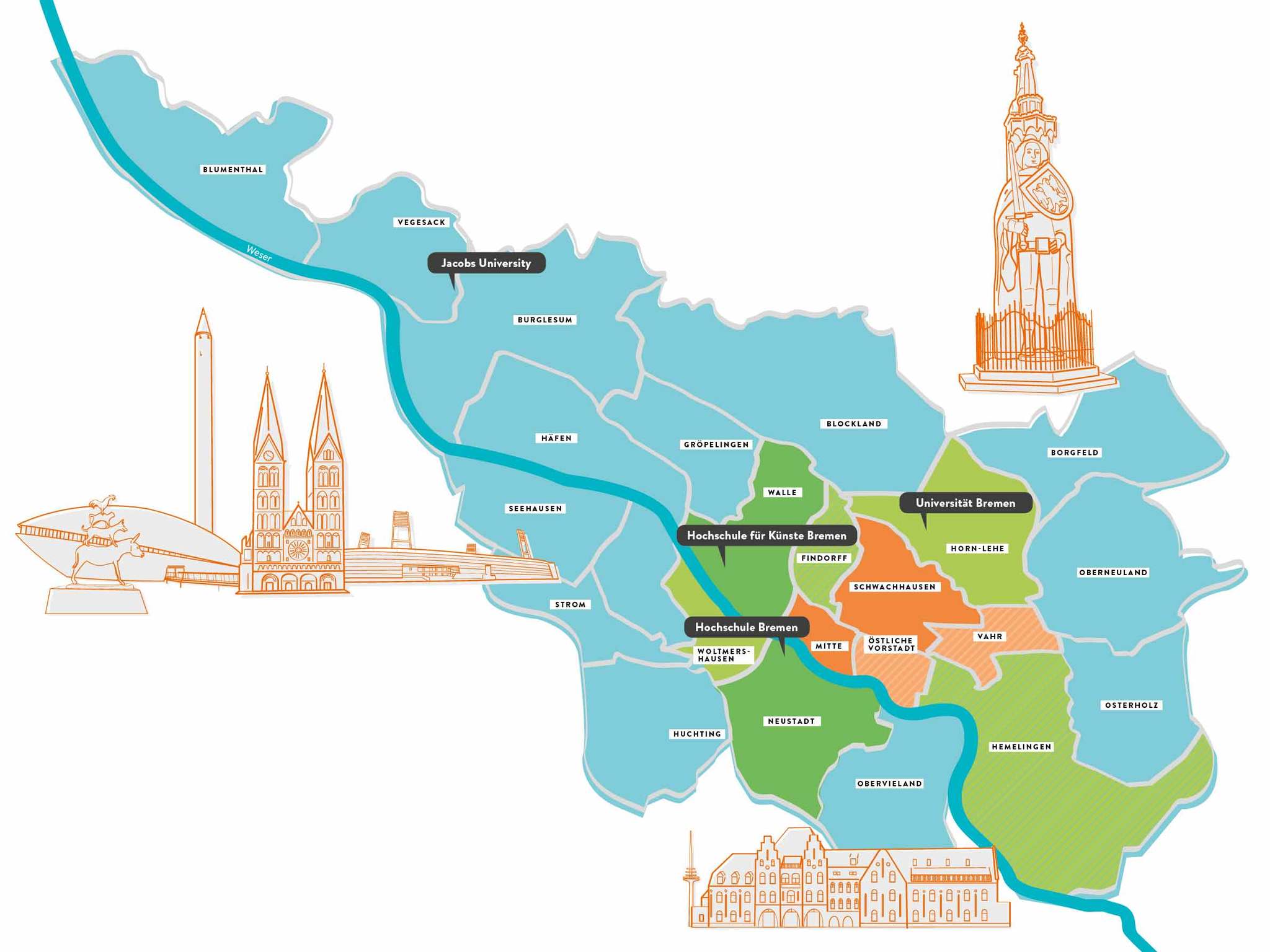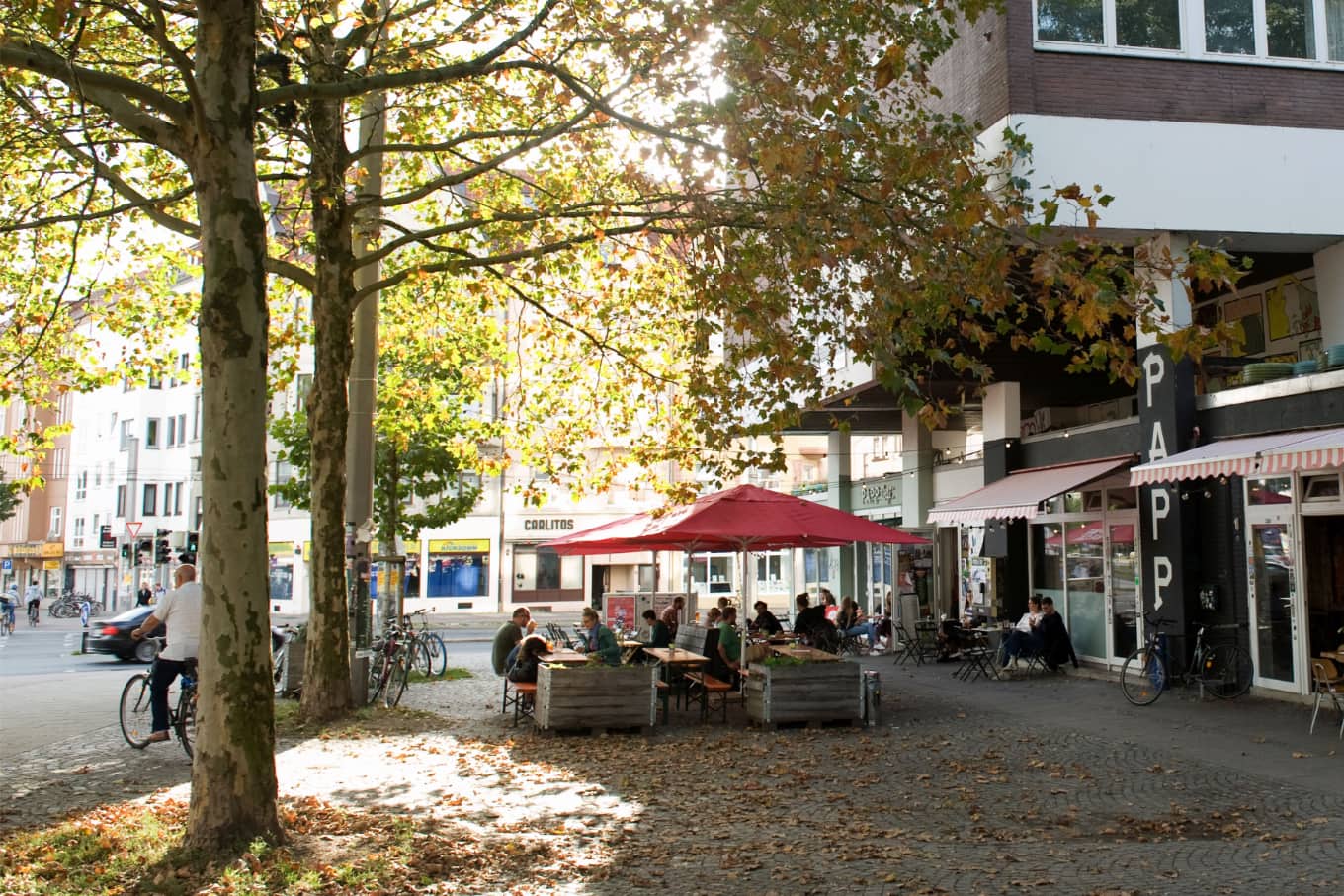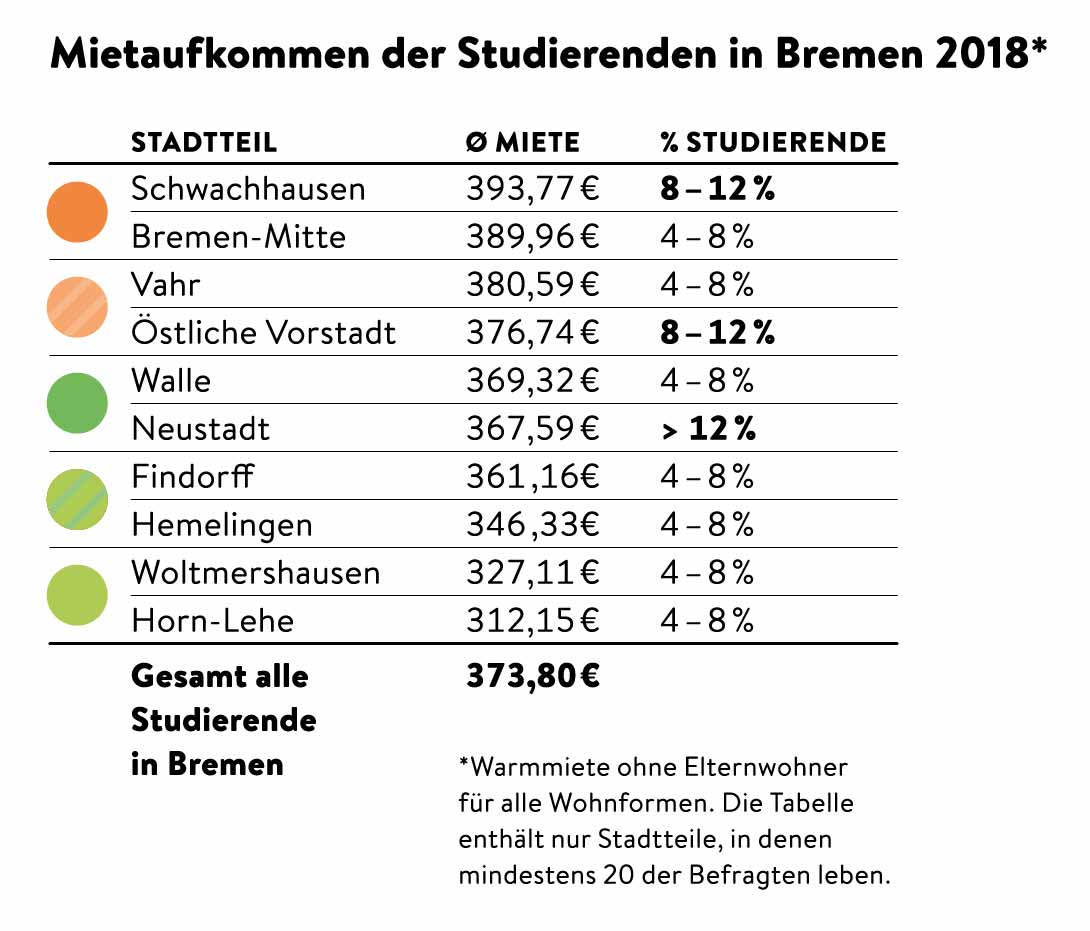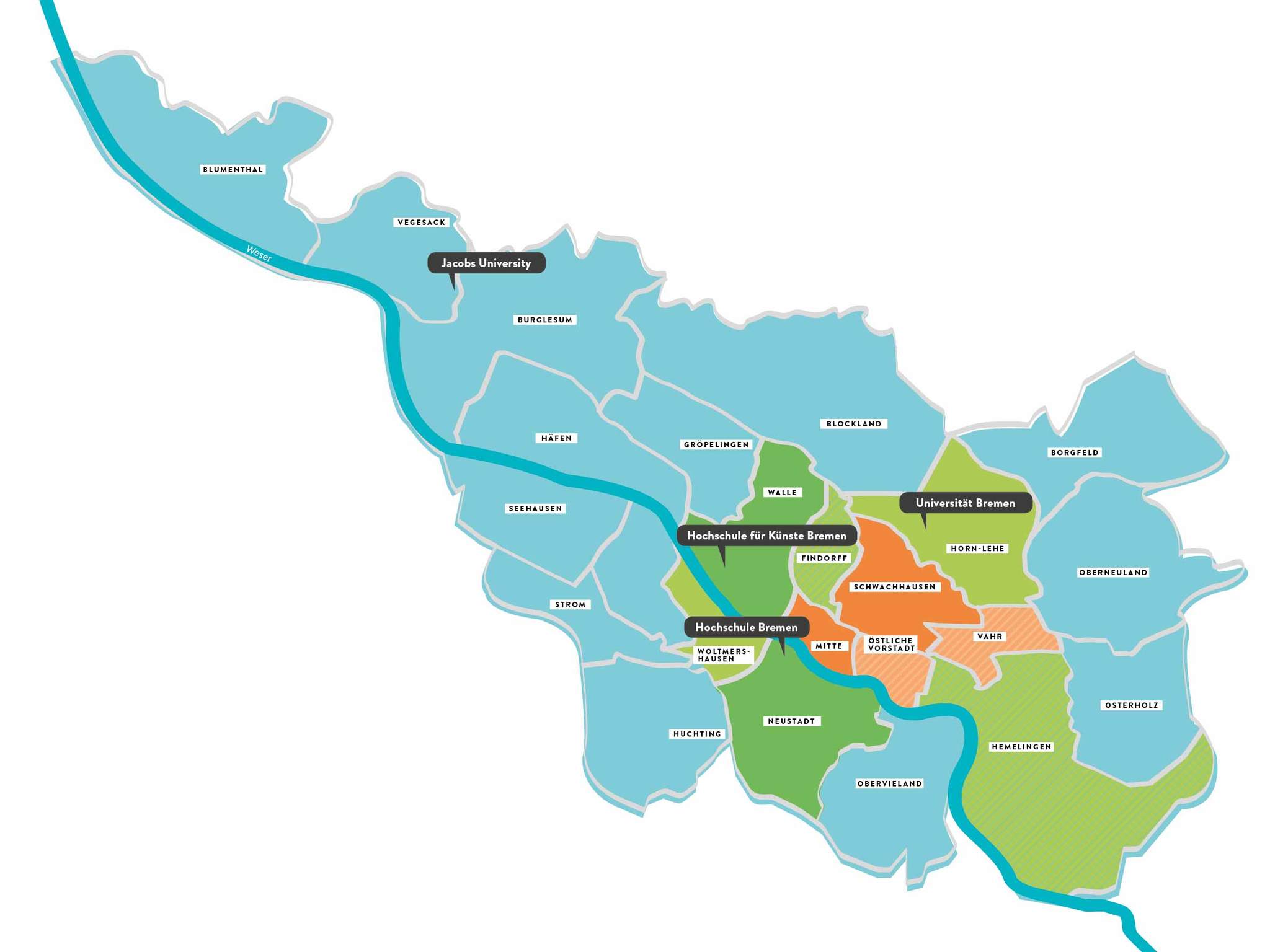
Accommodation Required
Housing shortage: how big really is the problem for Bremen’s students?
A study conducted by the University of Bremen has investigated the housing situation of students in Bremen and Bremerhaven. Findings show that the situation has become critical. But there is hope as various building projects are set to provide more affordable student housing.
The study carried out by a research team from the Institute for Labour and Economy (iaw) and the Institute of Geography focused on questions concerning the students’ preferred areas to live and accommodation forms as well as rental costs. The representative survey from 2018 showed that the lack of affordable housing is a real problem for students. “About 70 percent of the students interviewed at Bremen’s universities rate the housing search as ‘very difficult’ or ‘difficult’,” says Dr. Günter Warsewa of the Institute for Labour and Economy (iaw), an institute of the Chamber of Employees of Bremen and the University of Bremen.
“The 2,042 housing spaces we have are always quickly gone”
Hauke Kieschnick, Director of Student Services Organization
According to the study, the most common and popular form of student accommodation at Bremen’s universities is the shared apartment (32.7 percent). Striking is also the growing number of students who are living with their parents or relatives – probably as a reaction to the difficult housing market.
Neustadt is the Most Popular Area

Where do students like to live? The clear answer is Neustadt. According to overall student satisfaction with the housing situation, it is noticeably higher there than in other areas of the city.
Geography professor and co-author of the study Ivo Mossig highlights an unsettling finding: Sstudents who are not living with their parents or relatives spend almost half of their monthly disposable budget (49.1 percent) on rent. “This is a very high sum to spend on rent and clearly highlights the need for action in student housing in Bremen,” says the academic.

442 Applications for One Accommodation Place
The student Student Services Organization is trying to counteract this but is unable to fulfil demand with its student housing rooms. “The 2,042 housing spaces we have, of which 136 are in Bremerhaven, are always quickly gone,” says Hauke Kieschnick, Director of Bremen’s Student Services Organization. In the 2018/2019 winter semester, there were 442 students on the waiting list for a room. “Although the Student Services Organization hasn’t had to put up emergency beds in gyms or hotels in Bremen yet, as was the case in Göttingen or Frankfurt in recent years,” said Kieschnick.

More than 750 New Student Housing Places Planned
The political sector has also become aware of the precarious housing situation and, according to the coalition agreement, the Bremen State government plans to create at least 750 new student housing places in Bremen and Bremerhaven by 2023. The construction of 380 housing places on the Emmy-Noether-Straße on the University of Bremen’s campus, which will later be managed by the student union, is already scheduled.
A further 175 places will be created on the Niedersachsendamm in Huckelriede, close to the Werdersee. A cooperation with the Bremer Heimstiftung also envisages 66 new places as part of the Ellener Hof project in Bremen-Osterholz. The Bremer Heimstiftung mainly manages housing for the elderly, yet it is intended that young and old from all cultural groups will live together in the Ellener Hof village.
A further interesting characteristic of the project is that the Ellener Hof will also be Bremen’s first climate quarter with the aim of reduced greenhouse gas emissions with climate friendly daily living. Although affordable housing will continue to be limited, this new additional accommodation will certainly ease the situation in Bremen’s housing market.